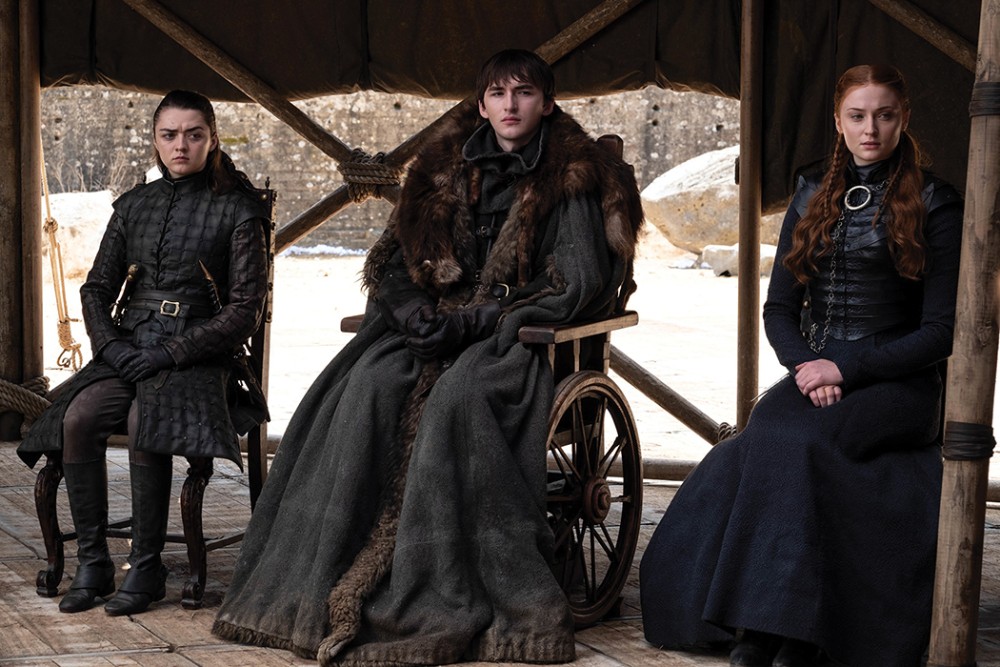What set Game of Thrones apart—and how it lost its way
The series was clear-sighted about power and misogyny, but it failed to see that vision through.

Whether or not you have watched Game of Thrones, if you live anywhere near billboards, TV commercials, or the Internet, you probably know that its final season just finished on HBO. It felt like the Last Big Show, the last of an era inaugurated in 1999 with The Sopranos, when those of us who obsess about prestige TV have felt like everyone was watching. After nine years of debating the parental lineage of the characters, we finally know who won the game for control of the fictional kingdom of Westeros. I can’t speak for all 18 million viewers, but I was disappointed with the spinelessness of the finale.
Spineless is not a word often used to describe Game of Thrones. This is the series, after all, that featured a (righteous) beheading, sibling incest, attempted murder of a child, successful murder of a political foe, allegiances with mercenaries, gruesome dismemberment by the reanimated dead, and a marital rape—all in the first episode. The show’s hallmark was its no-holds-barred depiction of violence, sex, and sexual violence.
I know how lame it sounds to defend the show’s gratuitous violence by appealing to its powerful storytelling (it’s a bit like saying, “I only read Playboy for the articles”). We all have our limits, and if you have a personal stance against watching sex or violence or just a natural aversion to depictions of rape or people being flayed alive, there is plenty of other good television to watch. But at its best, the storytelling really was that good.




